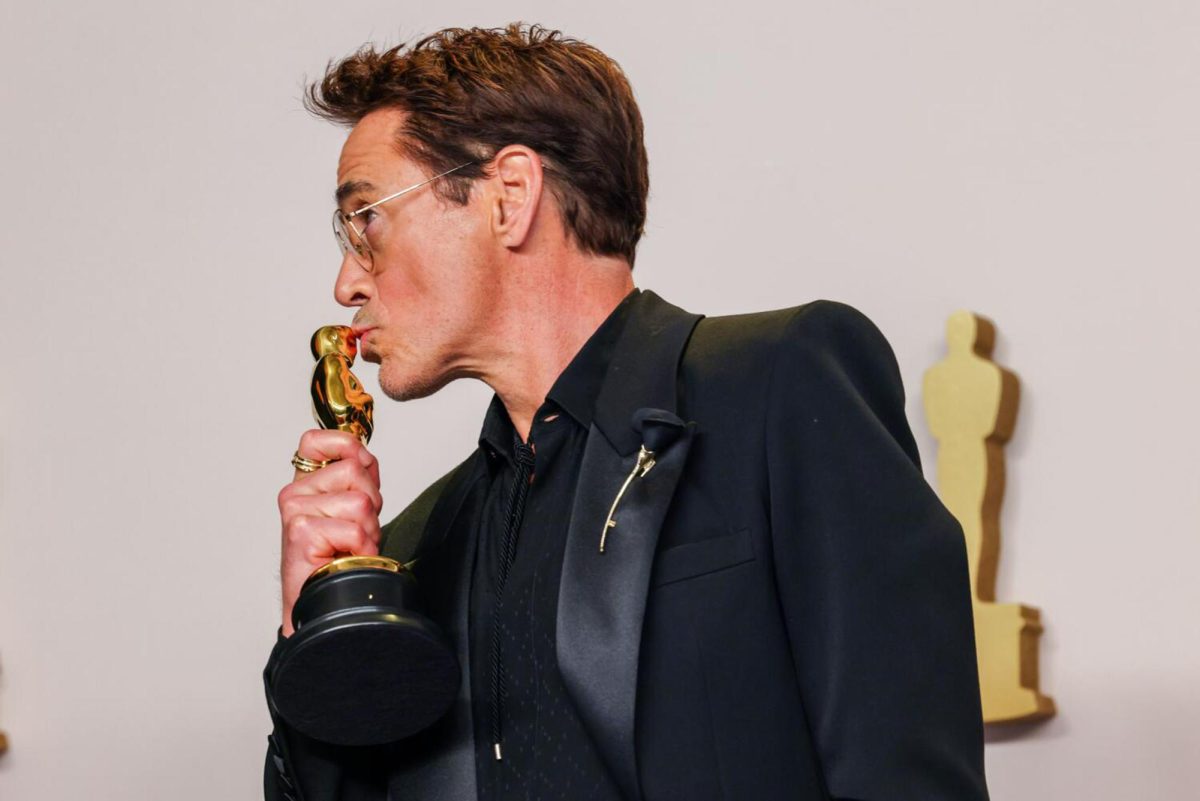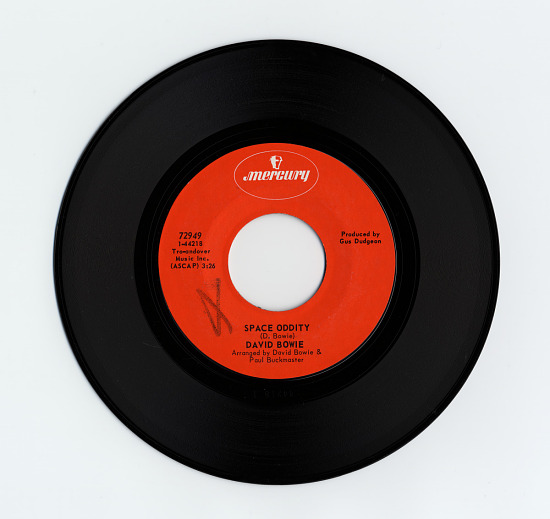On March 10, the 96th Academy Awards were held at the Dolby Theatre in Los Angeles, California.
For the fourth year, Jimmy Kimmel hosted the ceremony, joined and replaced periodically by guests, including a naked John Cena. Cena’s cameo was a nod to when a streaker ran across the Oscars stage 50 years ago.
Greta Gerwig’s film, Barbie, was very present at the ceremony. Barbie actor Ryan Gosling’s performance of “I’m Just Ken” and a Barbenheimer face-off between Gosling and Oppenheimer actress Emily Blunt had the crowd laughing and cheering. Additionally, Billie Eilish performed the Grammy-winning song from Barbie, “What Was I Made For” with her brother, Finneas O’Connell. The song won the award for Best Original Song and was the only Oscar for Barbie.
The lack of nominations in top categories for Barbie caused some unrest among fans of the film. Kimmel addressed this in his monologue at the beginning of the night. Referencing one snub, “Barbie’s a feminist icon thanks to Greta Gerwig, who many believe deserved to be nominated for best director.” Kimmel went on to recognize Oppenheimer, the other half of the Barbenheimer rivalry.
While Barbie was “snubbed” in some categories, the film did join its rival in the running for Best Picture. Oppenheimer won. While some believe this was the right choice, or that Barbie should have won, for Sean Eldon, an English teacher at Community High School, neither of these popular films would have been his top choice.
“There were at least three movies that I saw last year that were far better films than Oppenheimer,” Eldon said. He enjoyed Oppenheimer and didn’t find the win to be undeserved, but would have liked to see other films get more recognition as well. Eldon sees the recurring patterns in the biases behind the Academy’s decisions present in Oppenheimer’s case.
“It’s a serious movie about war. And those movies have done very well at the Oscars.” Eldon said.
The Oscars can effectively and deservingly give recognition to some films, but many are left deserted. International films, comedies, or directors and actors in minorities may be picked over, even when these are often the most in need of recognition. Oppenheimer and Barbie, two of the top nominated films both were massively publicized. The former took two of the top five categories.
Eliam Rosenberg, a junior at CHS and film enthusiast, believes that picking the best film or best actor is always going to be somewhat controversial because film and art overall are very subjective.
Both Rosenberg and Eldon agree that the event is important regardless of snubs, rivalries, or disputes it may provoke.
“Obviously it means a lot to the careers of these people, but it’s just like a fun event,” Rosenberg said. He recognizes how much of an honor it is to win or be nominated, but also believes that there is more to a film than if it won a trophy or not. The entertainment event that the Oscars is – while enjoyable for Rosenberg and many others – should bring light to the film industry rather than take away from certain films.
“If any of the films that had any nominations or wins last night, have more viewers and opened a bigger audience because of it, then I think the Oscars are a big success,” Eldon said. “I think it’s great that people are talking about movies…I think that the Oscars have done a good job over the years of maintaining people’s attention on the art.”






















